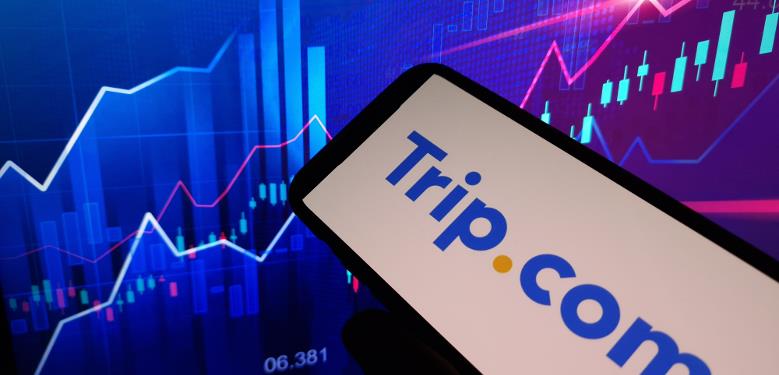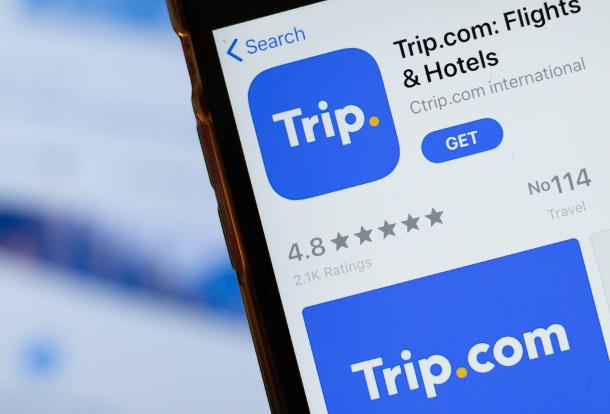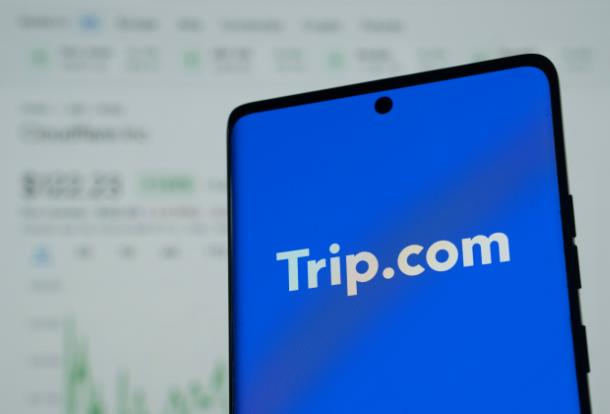
Trip.com recently announced a share repurchase agreement with MakeMyTrip, selling part of its Class B ordinary shares back to MakeMyTrip for cancellation.
Trip.com is giving up control while retaining economic interest.
Compared with Chinese companies such as Xiaomi, vivo, and TikTok—which have faced tax investigations, restrictions, and bans in India—Trip.com's years-long status as MakeMyTrip’s largest shareholder has been an anomaly.
This transaction can be seen as a political rebalancing delayed in execution, rather than a standard financial strategy.
MakeMyTrip employs a dual-class share structure. As of Q1 2025, the total number of common shares stood at approximately 71.59 million, with Trip.com holding about 10.7 million. In addition, Trip.com solely owned roughly 39.67 million Class B convertible shares, giving it around 45.3% of the total voting power.
There are two notable irregularities in this transaction that suggest the involvement of non-market factors.
First, MakeMyTrip did not fund the buyback through retained earnings. Instead, it raised approximately USD 2.67 billion by issuing 16 million new ordinary shares and USD 1.25 billion in convertible notes. If underwriters fully exercise their options, total proceeds—combined with unused repurchase authorization—could reach USD 3.18 billion. This simultaneous share cancellation and capital raise results in dilution and leverage, contradicting the typical EPS-driven logic of shareholder value enhancement.
Second, if Trip.com merely wanted to adjust its asset allocation or cash out, the logical move would have been to sell common shares, which are liquid, publicly tradable, and easier to value. Instead, it sold its control-granting Class B shares through a private agreement.
Neither MakeMyTrip’s fundraising approach nor Trip.com’s choice of asset disposal aligns with optimal market logic. The transaction appears motivated less by financial maximization and more by political compromise.
Our inference: this repurchase marks a quiet reshuffling of control and a political quid pro quo. Trip.com is stepping back from governance but retaining economic returns. It wasn’t forced out of the market—but was likely required to relinquish command.
MakeMyTrip remains central to India’s online travel market, but Trip.com’s influence will gradually wane.




